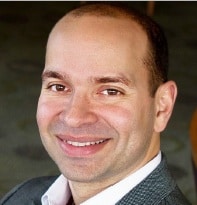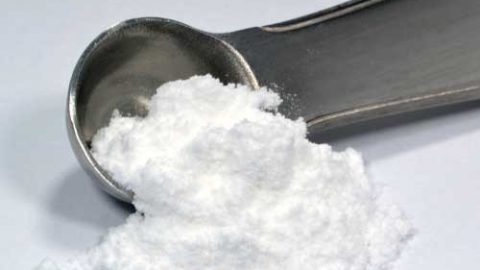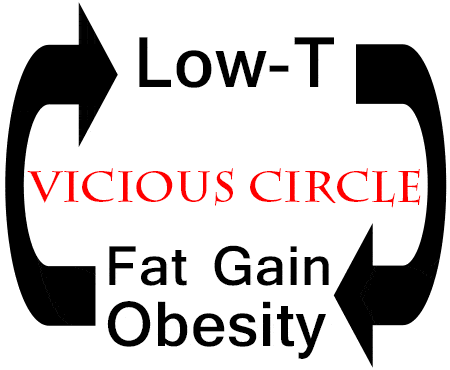Truth is, it appears to be both. Per usual, too much appears a negative, too little, also a negative
Supplement companies are constantly pushing mTOR as the magic pathway to building muscle, and various net guru type talk about keeping mTOR activated, with heavy marketing of Leucine, BCAA, etc. to keep mTOR activated. It’s unlikely that keeping an anabolic pathway such as mTOR active is a path to longevity. It’s interesting to note, cancer researchers, anti aging researchers, etc are looking for ways to limit/control mTOR.
Here’s an article on the topic by a researcher in the field worth a read. Obviously, it’s far from conclusive at this time that healthy people intentionally activating mTOR to assist in altering bodycomp etc, but it’s also not difficult to fathom that pathways also responsible for cellular growth, cell division, etc being activated constantly could have long term repercussions. We need mTor and too little also also clearly a negative, and like growth factors such as IGF-1 the risks/benefits will appear as a U shaped graph, where too much or two little increases the risks for various pathology best avoided (1). Interestingly, drugs that lower mTOR have been found to increase life span of some animals for example.
Bottom line is, pumping leucine into the system (as an example of a supplement, along with BCAAs, etc that are mTOR activators) all the time in an attempt to drive mTOR may be a bad idea long term in my view, but more data is clearly needed, so don’t freak out. I did however want to present the other side of mTOR and related topics/pathways. From the article linked below:
“There’s evidence that both too much mTOR activity and too little mTOR activity is a problem and it happens in different diseases.
For example, too much mTOR activity is clearly connected to certain types of cancers and neurological diseases, particularly epilepsy and there’s some evidence even for autism. Too little mTOR activity is connected to diseases such as atrophy of the muscle in certain situations, even aging a certain cell.
However, what is less well understood, is why those changes in mTOR activity have those effects. There are some big processes downstream of mTOR like autophagy which is our self-eating, as well as protein synthesis that is regulated by it, which are likely interconnected to all these diseases.”
Full article:
Could the mTOR pathway be used to protect against cancer?
(1) Association of IGF-1 with Mortality, Cardiovascular Disease, and Cancer
Will Brink is the owner of the Brinkzone Blog. Will has over 30 years experience as a respected author, columnist and consultant, to the supplement, fitness, bodybuilding, and weight loss industry and has been extensively published. Will graduated from Harvard University with a concentration in the natural sciences, and is a consultant to major supplement, dairy, and pharmaceutical companies.
His often ground breaking articles can be found in publications such as Lets Live, Muscle Media 2000, MuscleMag International, The Life Extension Magazine, Muscle n Fitness, Inside Karate, Exercise For Men Only, Body International, Power, Oxygen, Penthouse, Women’s World and The Townsend Letter For Doctors.
He’s also been published in peer reviewed journals.
Will is the author of the popular e-books, both accompanied by private members forum access , Bodybuilding Revealed & Fat Loss Revealed.
You can also buy Will’s other books on Amazon, Apple iBook, and Barnes and Noble.










I’ve been asking myself the same question for a while.
Bodybuilding vs. life extension. Seems the two may be opposed.
Hopefully, natural bodybuilding isn’t too harmful.
Anything that promotes growth also thereby speeds up the mitotic clock, with concomitant associated increased risk of abnormal growth, while age-associated decline in growth leads to insufficiencies of functionalities of various internal systems.
Our growing knowledge and understanding, even as it yields its great benefits, continues to reveal to us, ever increasingly, how scarcely fathomable are the deep complexities of inter-relationships in somatic systems.
Intrepid yet careful embracing of Insight, intuition, and knowledge, with good common-sense and well-informed dietary and exercise practices, along with mental fitness, firmity, and clarity, offer the best prospects for living a long, vigorous, healthy, and effective life.
It seems like our cells are built with a growth mode (plentiful nutrients) and a repair mode (scarce nutrients). I try to stay in repair mode most of the time (16:8 fasting, moderate/low protein, more plant-based protein) and repair mode on my weekly resistance training day (higher protein/whey-isolate shake post-workout). Am I getting the benefits of both? Who knows… but it’s the best strategy I could come up with to straddle the two modes.